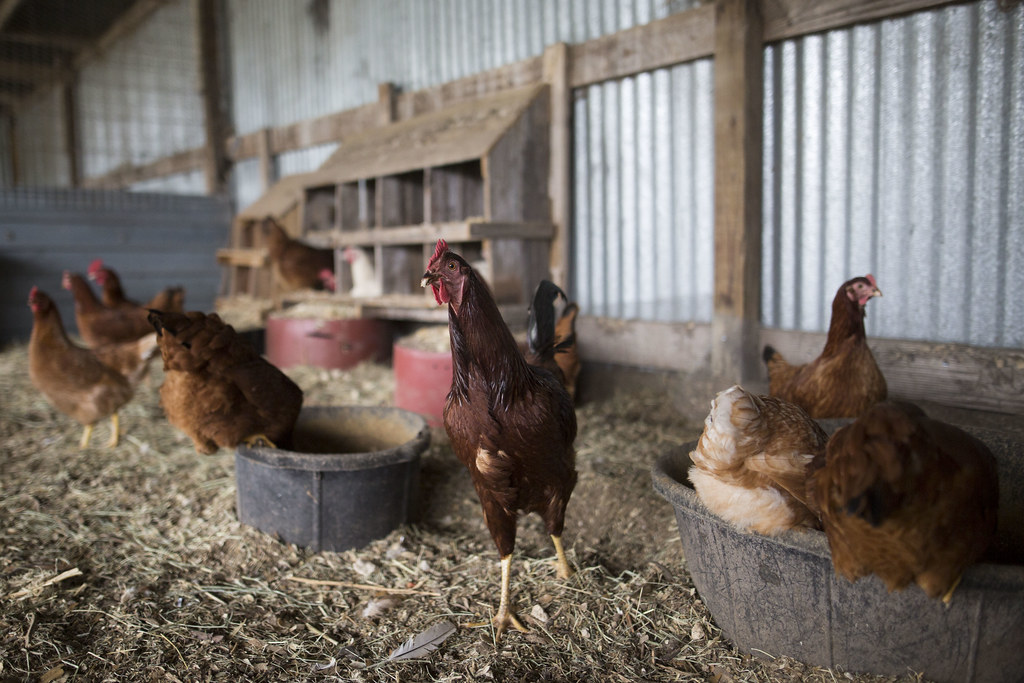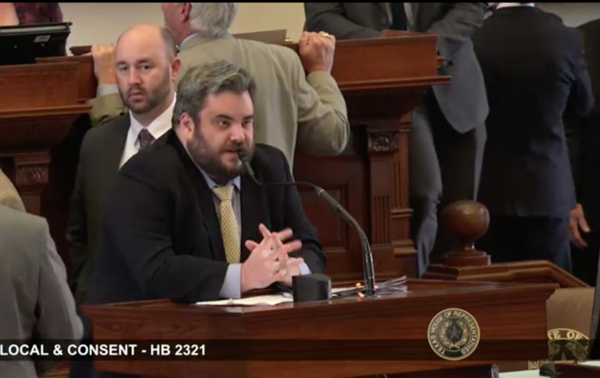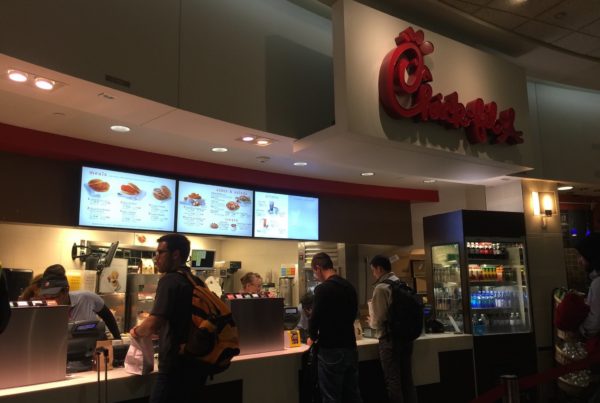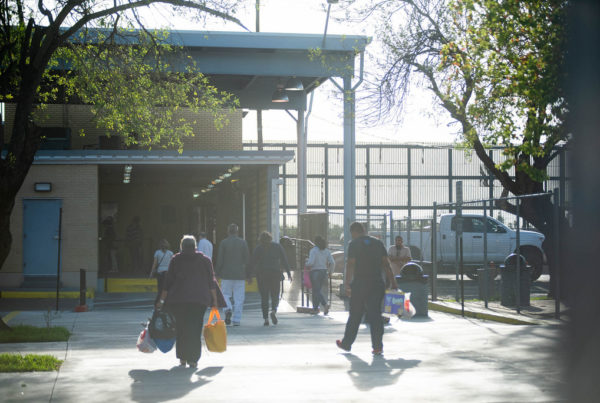Travis Krause grew up on the South Texas plains of Medina County, on land his family has been tending to since 1846. Krause always knew he wanted to carry on the tradition, but when he left the family ranch to study wildlife and fisheries sciences at Texas A&M University, his father encouraged him not to come back. For years, Krause’s dad wasn’t able to make a living from his cow and calf operation, and he didn’t want the same hardships for his son.
“I think my dad always wanted to be a full-time rancher; I think it was something he would have loved to do. I think it was probably his dream growing up and it just didn’t happen for him. And I think that brought him a lot of unhappiness,” Krause says.
But Krause was eager to try something different: so-called regenerative agriculture, a farming system that focuses on conservation and rehabilitation of the land. So, in 2010, Krause returned home with his wife to Parker Creek Ranch, about 50 miles west of San Antonio, and began leasing land from his retired father.
“Now we’re much bigger than we were initially, making a full-time living from our ranching business, and we lease additional properties, as well as the family ranch here. We cover about 3,700 acres at this time, and that’s sort of how we got to where we are,” Krause says.
But not all operations have generations upon generations of farmers interested in keeping up the work. Plus, that work is hard. In recent years, Texas farming has been a tough sell as a career, especially as urban development quickly spreads, eating up what used to be rural land used for farming or ranching. As a result, some children of Texas farm families are opting for better-paying jobs in cities.
But even though Texas has lost nearly 400 farms in the past five years, according to the U.S. Department of Agriculture, agriculture sales have remained relatively steady. And the younger generation of people who do go into farming and ranching are not only willing to persist amid hardships, but they also tend to work more efficiently, applying a start-up approach to their businesses that’s often associated with the tech industry.
As a child, Gene Hall worked alongside his siblings on his family’s farm in East Texas. Later, he began a career in TV journalism. Now, he combines both experiences in his job as communications director at the Texas Farm Bureau.
“My grandfather, who had been the primary labor on the farm for decades, was getting older and he needed to retire,” Hall says. “My dad had a job off the farm, and he could not devote full time to it. … They moved to an even smaller farm, which is more like a hobby farm, which was 40 acres.”
Smaller farms account for a significant portion of Texas’s farming industry. Nearly half of the state’s 248,416 farms generate less than $2,500 in sales per year. Even if a farmer takes a second job, it might never be enough to help bankroll a farm or ranching operation.
“So, you run into kind of a double-edged sword. You can’t quit your day job because you’re not making enough money on the ranch, but you don’t have enough time to invest into the ranch to really get it to a financially sustainable point,” says Travis Krause.
Success in agriculture often comes, in part, from inheriting infrastructure from older, more experienced farmers and ranchers. That means it can be harder for new farmers, without that farming legacy in their family, to get started. But it’s not necessarily easy for those with farming lineages either.
“They have survived quite well by making these decisions on their own. I suppose they’ve done all they can do – the cutting back, the making the combine last one more year, cutting expenses wherever possible,” Gene Hall says. “And if you do have some equity, you’ve got a cushion, but it’s kind of hard to convince a banker to go with you when things are as bad as they are right now.”
Despite it all, some farms are thriving. Travis Krause says he attributes the success of his farm to his entrepreneurial spirit and lots of grit.
“You have to be a very diversified individual in your skill set,” Krause says. “You have to be not just a livestock producer and manager, but you have to be an accountant and a web designer, a salesperson, and all these other things to be successful. And that’s easier said than done.”
In Fredericksburg, Marion and J.W. Ottmers have owned Oma and Opa’s Farm since the 1970s. Their son Bradley, a sixth-generation farmer, runs much of the 93-acre farm with his partner, Katherine Tanner. They’re trying to push the operation in a more progressive direction while also honoring the traditions of the generations that came before them.
“It doesn’t matter if you don’t feel like it. It doesn’t matter if you have a little cough. You have to get out there and handle what you need to handle for that day,” Tanner says. “So, with that comes, I think, with generational farmers, sometimes a sense of we know how to do it and we’re going to do it the way we’ve always done it.”
But Oma and Opa’s Farm’s owners are branching out beyond farming to make the enterprise more profitable. Ottmers and Tanner are hosting private tours; they’re selling reusable market bags; they’re also investing in alternative energy sources, including powering their water pumps with solar energy, for example. In addition to these innovations, Ottmers and Tanner say much of the farm’s success comes from diversifying what they grow and produce.
“We’ve got the vegetables, we’ve got the eggs, we’ve got the goat meat and we’ve got pickled products,” Tanner says. “It makes it a lot more feasible to continue farming because we’re not just relying on vegetable in the high growing seasons.”
While it may seem like economic forces are working against small farms, family farms and ranches, in fact, account for 97% of all farms in the U.S.. Hall from the Texas Farm Bureau, says that’s a good thing, especially in Texas, because he believes families know how best to do this work.
“They are business people, and they don’t survive unless they are, but you [also] have a family with a commitment to the lifestyle as much as to the business,” he says.
Krause, a seventh-generation farmer, agrees. If he keeps Parker Creek Ranch operating long enough, his sons can become the eighth generation.
“We have two boys, Jack and Max, that are 4 years old and 7 months old. We hope to provide them the opportunity that if they wanted to be a part of the ranching business someday, that that could be an option for them,” Krause says.
Looking at the numbers, the state of the agricultural economy seems grim. But these farmers and ranchers see a prosperous future, and they are innovating in order to get there.















